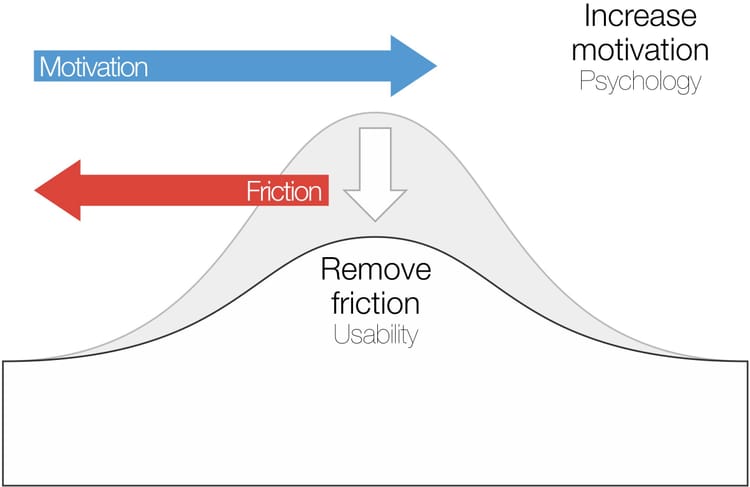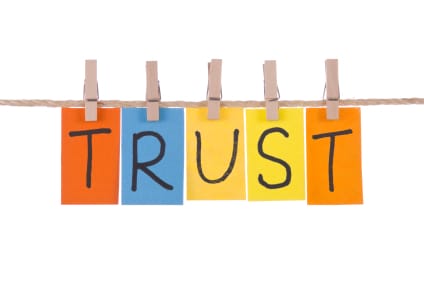Breaking and Building Trust: Lessons for Successful Partnerships

In today’s interconnected business landscape, the success of partnerships and alliances hinges on one critical element: trust. Building trust isn’t merely a nice-to-have; it’s the bedrock of sustainable and productive collaborations. Without it, even the most promising alliances can falter.
So, how can you build and maintain trust in your partnerships, and what pitfalls should you avoid to ensure it remains intact?
Tips for Building Trust
- Transparency is Key: Openness about goals, expectations, and challenges fosters a culture of trust. Share relevant information freely and be upfront about any issues that might affect the partnership.
- Consistent Communication: Regular and clear communication helps prevent misunderstandings. Set up periodic meetings and updates to ensure everyone is on the same page and address any concerns promptly.
- Reliability and Follow-Through: Deliver on promises and commitments. When your partners see that you are reliable, their confidence in the partnership strengthens.
- Mutual Respect: Respect your partner’s expertise, perspectives, and contributions. Acknowledge and appreciate their efforts, which reinforces mutual respect and trust.
- Alignment of Values: Ensure that your core values align with those of your partner. Shared values create a solid foundation for trust and cooperation.
- Equitable Sharing of Risks and Rewards: Fair distribution of both risks and rewards demonstrates a commitment to the partnership’s mutual benefit, fostering trust.
- Conflict Resolution Mechanisms: Establish clear, fair, and swift mechanisms for resolving conflicts. Knowing that issues will be handled effectively reassures partners and builds trust.
Common Ways Trust Can Be Broken
- Failure to Deliver: Not meeting commitments or deadlines can significantly damage trust. Consistently falling short can make partners question your reliability.
- Disrespect: Dismissing or undervaluing a partner’s contributions and opinions can create a rift. Mutual respect is crucial for maintaining trust. Example: During joint venture meetings, one partner consistently ignores the suggestions of the other, leading to feelings of undervaluation and resentment.
- Breach of Confidentiality: Sharing confidential information without consent can destroy trust. Example: A consulting firm leaks sensitive strategic plans of a client company to a competitor, leading to immediate termination of the partnership.
- Unilateral Decision-Making: Making decisions without consulting the partner can undermine trust and collaboration. Example: A software company decides to change a key feature of a co-developed product without consulting its partner, leading to misalignment and conflict.
- Hidden Agendas: When one partner has undisclosed motives, it can lead to mistrust. Example: A corporation enters a partnership with a startup not to collaborate, but to gain access to its technology and then push the startup out of the market.
Conclusion
Building and maintaining trust in partnerships and alliances requires deliberate effort and consistent practices. By being transparent, communicating effectively, delivering on promises, respecting each other, aligning values, sharing risks and rewards equitably, and having robust conflict resolution mechanisms, you can foster a strong foundation of trust. Avoiding behaviors that erode trust is equally important. Remember, trust is the glue that holds partnerships together and propels them towards shared success.
“Trust is the glue of life. It’s the most essential ingredient in effective communication. It’s the foundational principle that holds all relationships.” — STEPHEN R. COVEY
If you enjoyed this piece, please share it. Thanks. 🙏




